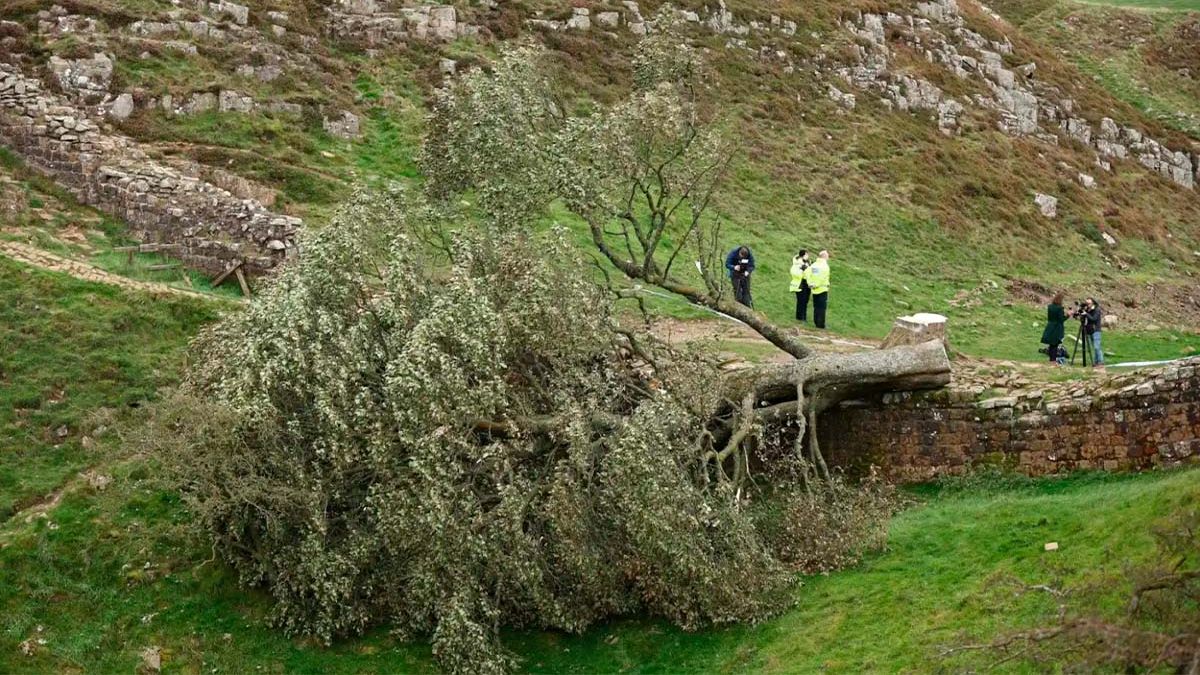After two waves of explosions in Lebanon, Hezbollah leader Hassan Nasrallah believes all “red lines” have been crossed. The organization has suffered a severe blow. Retaliation is certain.
Following the deadly attacks on Hezbollah’s communications equipment in Lebanon, its Secretary General Hassan Nasrallah accused Israel of attempting “genocide” and promised retaliation. “In two days and within one minute a day, Israel has aimed to kill more than 5,000 people,” the Secretary General said in a televised speech. “This criminal act is tantamount to a declaration of war,” he said. Israel has crossed all red lines. Israel has not yet publicly acknowledged the attacks.
“The punishment will come,” said Nasrallah. When, where and how will be seen when the time comes. The Hezbollah leader also announced that he would stop shelling northern Israel. The “resistance in Lebanon” will not stop its attacks on Israel until the “aggression (of Israel) against Gaza” stops, said Nasrallah. Israel can only allow people to return to safety in the north when the war in Gaza is stopped.
Israel wants to use military and diplomatic pressure to ensure that the shelling of the north stops and that Hezbollah withdraws behind the Litani River, 30 kilometers from the border – as stipulated in a UN resolution. After that, around 60,000 people who had to flee from the border region with Lebanon to other parts of the country for safety should be able to return to their homes.
Meanwhile, Israeli Defense Minister Joav Galant announced that Israel would continue its attacks on Hezbollah. “Our series of military actions will continue,” he said, according to his office. “Over time, Hezbollah will pay a growing price.”
Nasrallah went on to say that there was no doubt that Hezbollah had suffered a severe blow. It was “unprecedented in the history of our resistance and perhaps in the history of the conflict with the enemy.” Hezbollah was aware that Israel was technologically superior – “especially because it is supported by the US and the West.”
At least 37 people were killed in the attacks on pagers and handheld radios on Tuesday and Wednesday, according to authorities. Around 3,000 others were injured. Nasrallah, as well as military and intelligence experts, see Israel as the mastermind behind the explosions.
Two Israeli soldiers killed in Hezbollah shelling
While Nasrallah’s speech was being broadcast on television, mutual shelling on the Israeli-Lebanese border continued unabated. Two Israeli soldiers were killed in attacks from the northern neighbor. The Israeli army announced that a 20-year-old soldier and a 43-year-old reservist had been killed in the north of the country.
The Times of Israel reported that the reservist was killed in western Galilee by an explosive-laden drone belonging to the Lebanese Hezbollah militia. The younger soldier was killed in a Hezbollah attack with two anti-tank missiles on Israel’s northern border. Eight other soldiers were injured in the attack, one of them seriously.
Hezbollah has been attacking targets in Israel since the Gaza war began almost a year ago, claiming to be in solidarity with the Islamist Hamas. It will not stop the attacks until a ceasefire is reached between Hamas and Israel. The almost daily shelling has developed into a low-level war. Around 600 people were killed in Lebanon, most of them Hezbollah members. In Israel, according to official figures, 48 people were killed in the Shiite militia’s attacks, including soldiers but also many civilians.
Israel’s military chief approves new plans for fight against Hezbollah
According to military sources, Israeli Chief of Staff Herzi Halevi approved plans “for the continuation of the war” on the northern front. The army did not provide any further details. It only spoke of “plans for the northern arena”, with a view to neighboring Lebanon.
Halevi had already said on Wednesday that Israel was very determined to create safe conditions for the return of around 60,000 Israeli residents to the border area with Lebanon. “We still have many capabilities that we have not yet used,” said Halevi. Plans for the next phases are already in place.
Lufthansa extends flight stop
The Lufthansa Group also reacted again to the worsening situation in the region and extended its flight ban to and from Israel and Iran. Flights to Tel Aviv and the Iranian capital Tehran will be cancelled until Tuesday (September 24), the company announced. Israeli and Iranian airspace will be avoided until then. Flights to the Lebanese capital Beirut will also be suspended for longer than previously planned, namely until October 26.
Source: Stern
I have been working in the news industry for over 6 years, first as a reporter and now as an editor. I have covered politics extensively, and my work has appeared in major newspapers and online news outlets around the world. In addition to my writing, I also contribute regularly to 24 Hours World.




